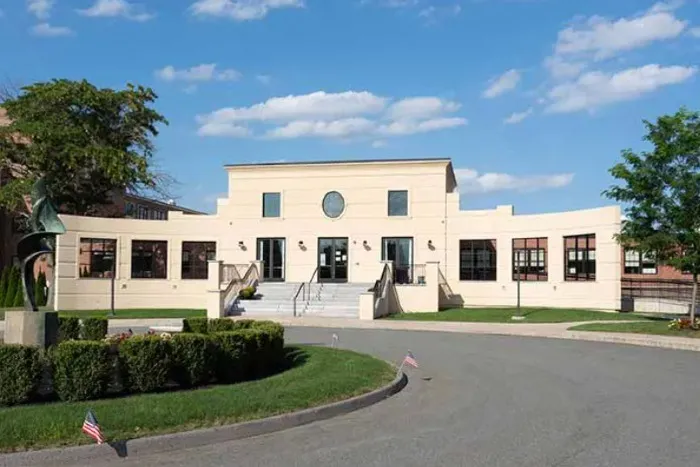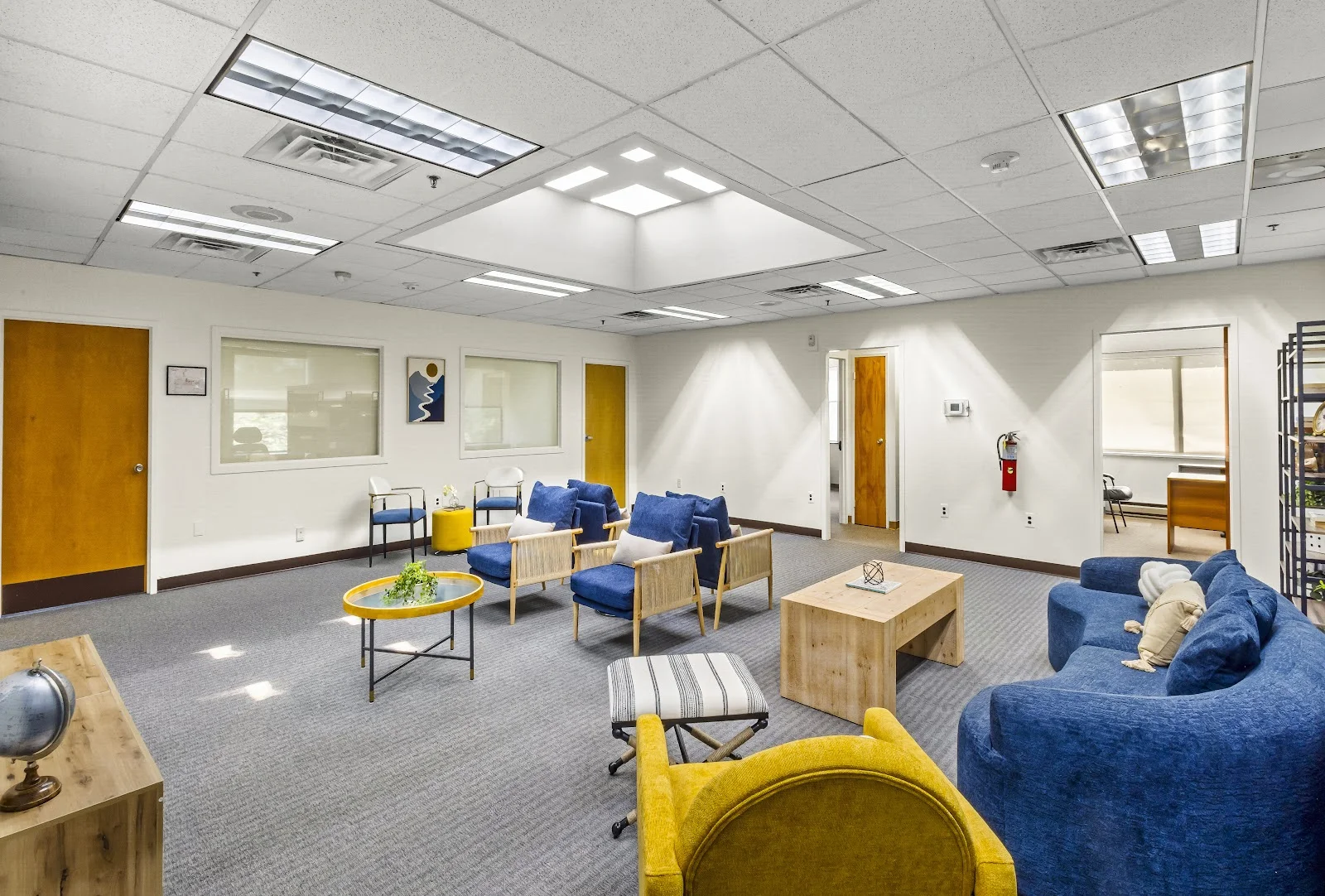Recovery Centers of America at Indianapolis Information
Treatment
Who We Treat
- Male and Female
- Executives
- Professionals
Treatment Focus
- Family Program
- Detox
- Co-Occurring Disorders
- Flexible technology policies
- Intensive Outpatient Program
- Professionals
- Residential
Approaches
- 12-Step-Based
- Evidence-Based
- Family Involvement
- Twelve Step
- Family Therapy
- 1-on-1 Counseling
- 1-on-1 Counseling with Clinical Psychologist
- Art Therapy
- Music Therapy
- Meditation & Mindfulness
- Life Skills Training
- Relapse Prevention Counseling
Conditions We Treat
- Depression
- Anxiety
- Post Traumatic Stress Disorder (PTSD)
- Trauma
- Codependency
- Eating Disorders
- Co-Occurring Disorders
Substances We Treat
- Alcohol
Languages
- English
Aftercare
- Intensive Outpatient Program
- Support Meetings
- Alumni Events & Get-Togethers
- Alumni Reunions
Level of Care
- Detox
Experience
On-Site Amenities
- Access to Nature
- Airport Transfers
- Basketball Court
- Coffee Maker and Tea
- En Suite Bathroom
- Fitness Center
- Internet
- Outdoor Lounge
- TV
Personal Amenities
- Air-Conditioned Rooms
- En Suite Bathroom
- Private or Shared Rooms
- TV
On-Site Activities
- Disc Golf
- Yoga
- AA/NA Meetings
- Fishing
- Alternative Meetings
- Volleyball
- Physical Fitness
Special Considerations
- Family Program
- Flexible technology policies
Accreditations
-
The Joint Commission
The Joint Commission, previously known as JCAHO, is a nonprofit organization that accredits rehabilitation organizations and programs. Established in 1951, its mission is to enhance the quality of patient care and showcase excellence in healthcare delivery.

Additional Locations
Recovery Centers of America at Indianapolis Accepts The Following Insurance Plans
Find the best treatment options. Call our free and confidential helpline today!


























